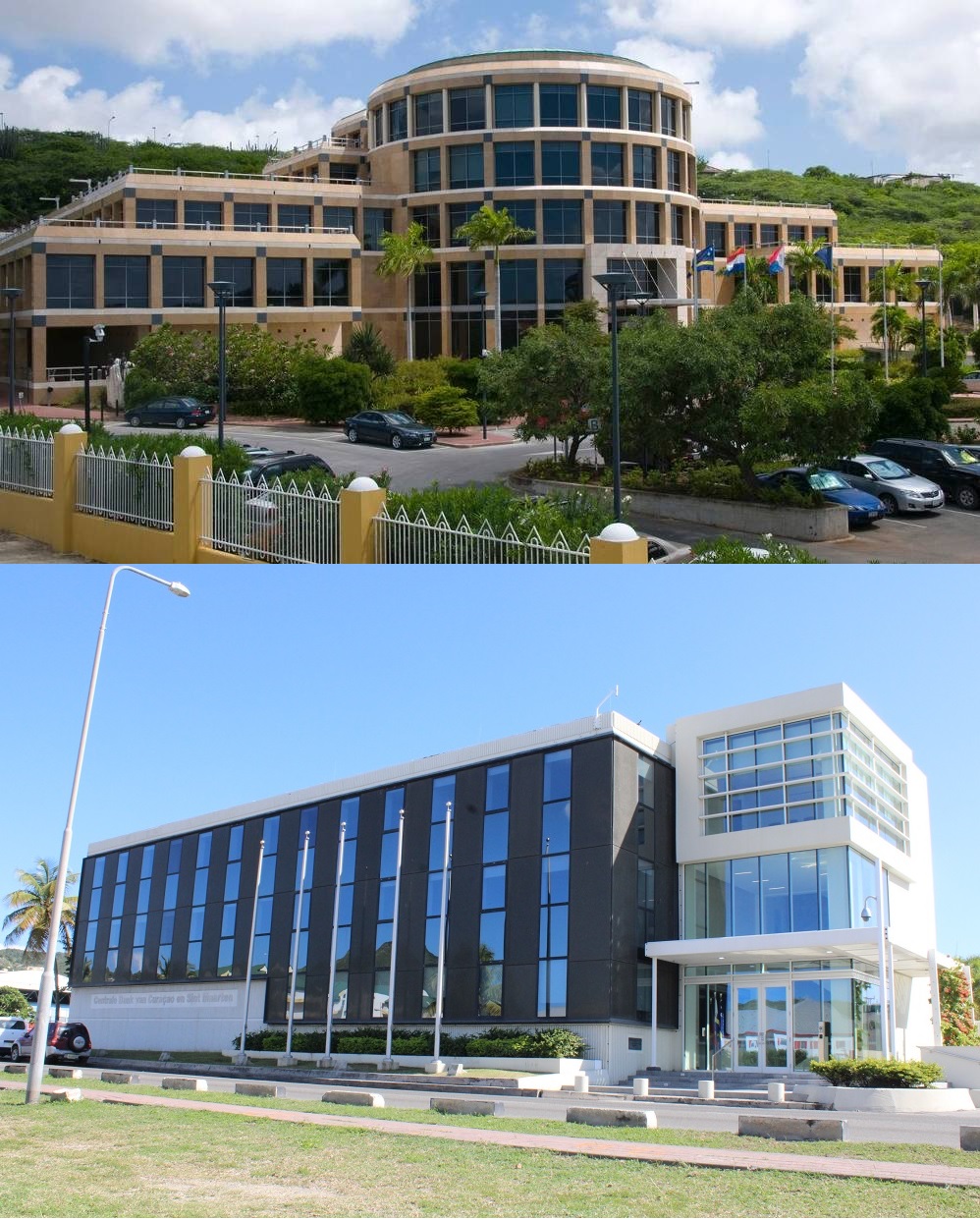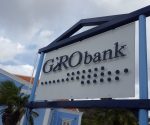Time to split up the monetary union of Curacao & St. Maarten?

~ Is it a good time now to take up the 2013 SER advice to split up the monetary union between Curacao and St. Maarten? ~
By Hilbert Haar
The conditions the Kingdom wants to impose on Curacao for more liquidity support put the Central Bank of Curacao and St. Maarten basically under higher supervision of the Dutch central bank – De Nederlandsche Bank (DNB). This condition seems predominantly based on concerns about the viability of several financial institutions in Curacao, like the Girobank, PSB and insurance company ENNIA.
These developments have resulted in new calls for the dissolution of the monetary union between Curacao and St. Maarten and for the establishment of separate central banks in Willemstad and Philipsburg. Curacao owns close to 80 percent of the Central Bank, St. Maarten the remaining 20 percent.
The International Monetary Fund and the DNB have advised against splitting up the monetary union, fearing that St. Maarten would become the victim of de-risking and end up without access to international financial transactions.
But if the take-over by the DNB is inspired by the potential insolvency of financial institutions in Curacao, it could result in a panic in the local financial markets. It is better, some observers argue, to explain this as a move to disentangle the financial ties between the two countries.
St. Maarten has of course, other than Curacao, its own specific peculiarities. One island, two countries, open borders, three currencies (guilders, dollars, and euros) and – last but not least – a lack of financial expertise.
It is in and of itself amazing that the monetary union still exists. Seven years ago the governments in both countries expressed their desire to split up – but it never happened.
The Social Economic Council (SER) in St. Maarten published an unsolicited advice on February 28, 2013, about the monetary union. The SER “strongly advised” the government of St. Maarten to step out of the monetary union and to dollarize the economy.
The SER presented this advice to Roland Tuitt, at the time Minister of Finance and to Sarah Wescot-Williams, at the time prime minister. The government did nothing with it.
The advice cites the widening deficit on the current account of the monetary union as the main reason to get out and it points to Curacao as the cause of this growing deficit. “A balance of payments crisis may occur and this may lead to devaluation and inflation in the entire monetary union,” the advice states.
However, getting out of the monetary union and establishing an independent central bank in St. Maarten are two different issues: “The small scale of St. Maarten’s economy will not generate enough income to cover the operational cost,” the SER notes. “And a central bank is only necessary if you have your own currency.”
The SER advice was to get out of the monetary union, to dollarize the economy, and to outsource the supervision over local financial institutions.
Dollarization is, in the opinion of the majority of the SER-members at the time, not a big deal.
A departure from the monetary union would put the Antillean Guilder to rest – it would no longer be legal tender.
At the time, Central Bank President Dr. Emsley Tromp declared dollarization “a practical alternative monetary system for St. Maarten.”
While the widening current account deficit would make the monetary union vulnerable to external shocks, dollarization, Tromp said, would eliminate this vulnerability for St. Maarten. A potential downside of dollarization is that it makes St. Maarten dependent on US monetary policies. And, the SER concludes in its advice, “Dollarization promotes but does not guarantee fiscal discipline.”
The past seven years have shown that local decision-makers don’t mind discussing issues like the monetary union but that they are reluctant to make actual decisions. The external shock – the corona-virus crisis – is at our doorstep and it remains to be seen what the fall-out from enhanced supervision over the Central Bank is going to be.
If it is going to hurt St. Maarten, we only have out local politicians to blame for doing nothing in the face of a sound piece of advice.
###
Related links:
Dutch national bank to become watchdog of CBCS
SER advice to step out of the monetary union – download it here

























